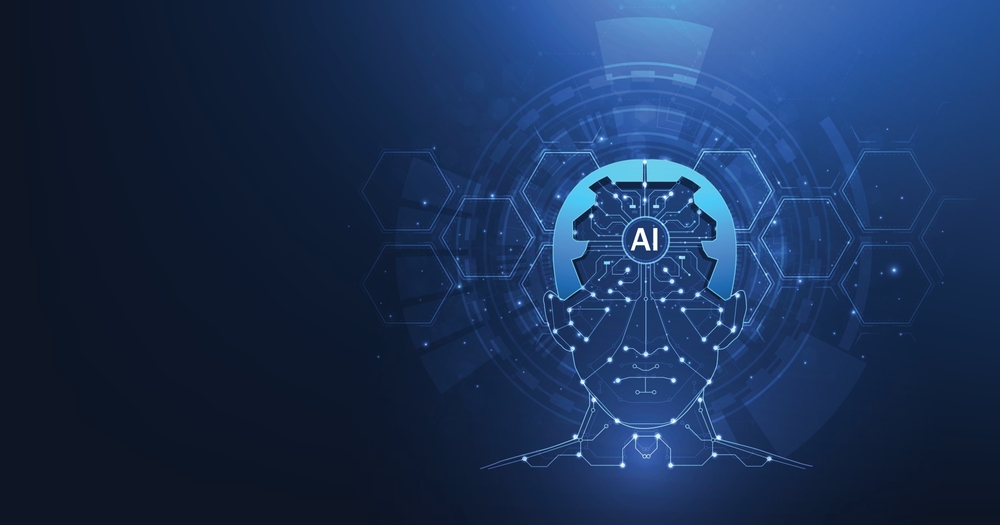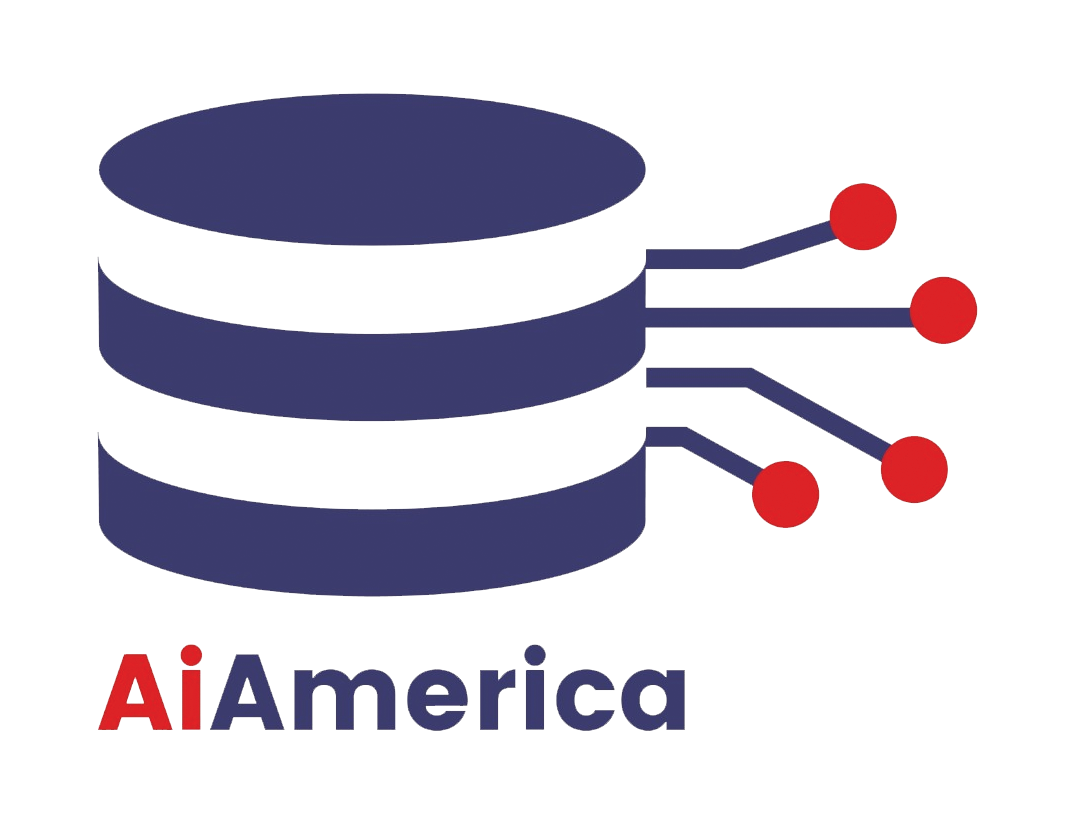AI in The Workforce
AI America – Discover AI in the Workforce
Introduction to AI in the Workforce
Artificial Intelligence (AI) is reshaping the future of work by automating tasks, enhancing productivity, and creating new opportunities. As AI technologies advance, they are transforming job roles and work environments, leading to significant changes in the job market and workforce dynamics.
Key Impacts of AI on the Workforce
Automation of Routine Tasks: AI is automating repetitive and mundane tasks, such as data entry, scheduling, and basic customer service. This allows employees to focus on more complex and creative aspects of their roles, enhancing overall productivity.
Enhanced Decision-Making: AI-powered analytics and decision-support systems provide valuable insights and recommendations, helping employees make informed decisions. These tools analyze large volumes of data to identify trends, forecast outcomes, and support strategic planning.
Creation of New Job Roles: The rise of AI is leading to the creation of new job roles and opportunities, such as AI specialists, data scientists, and machine learning engineers. These roles require specialized skills and knowledge, creating demand for new types of expertise in the job market.
Upskilling and Reskilling: As AI technologies evolve, there is a growing need for upskilling and reskilling the workforce. Employees must acquire new skills to stay relevant and adapt to changes in job requirements. Training programs and educational initiatives are essential for preparing workers for the future job market.
Impact on Employment Patterns: AI is influencing employment patterns by enabling remote work, flexible hours, and gig economy opportunities. These changes offer greater flexibility and work-life balance but also require adjustments in how work is managed and organized.
Benefits of AI in the Workforce
Increased Productivity: Automation of routine tasks and enhanced decision-making capabilities lead to higher productivity and efficiency in the workplace.
New Opportunities: The emergence of new job roles and industries creates opportunities for career growth and development.
Improved Work-Life Balance: AI-enabled remote work and flexible scheduling offer employees greater work-life balance and flexibility.
Challenges and Considerations
While AI offers many benefits, there are challenges to consider:
Job Displacement: Automation may lead to job displacement in certain sectors, requiring effective strategies for workforce transition and support.
Skill Gaps: The need for new skills and knowledge may create skill gaps and challenges for workers transitioning to new roles.
Ethical and Social Implications: The impact of AI on employment practices and job quality raises ethical and social considerations that must be addressed.
Conclusion
AI is shaping the future of work by automating tasks, enhancing decision-making, and creating new opportunities. As the job market evolves, it is essential for workers, employers, and policymakers to navigate these changes effectively and ensure a positive and inclusive transition to the future workforce.
Explore more about the impact of AI on the workforce at AI America.










